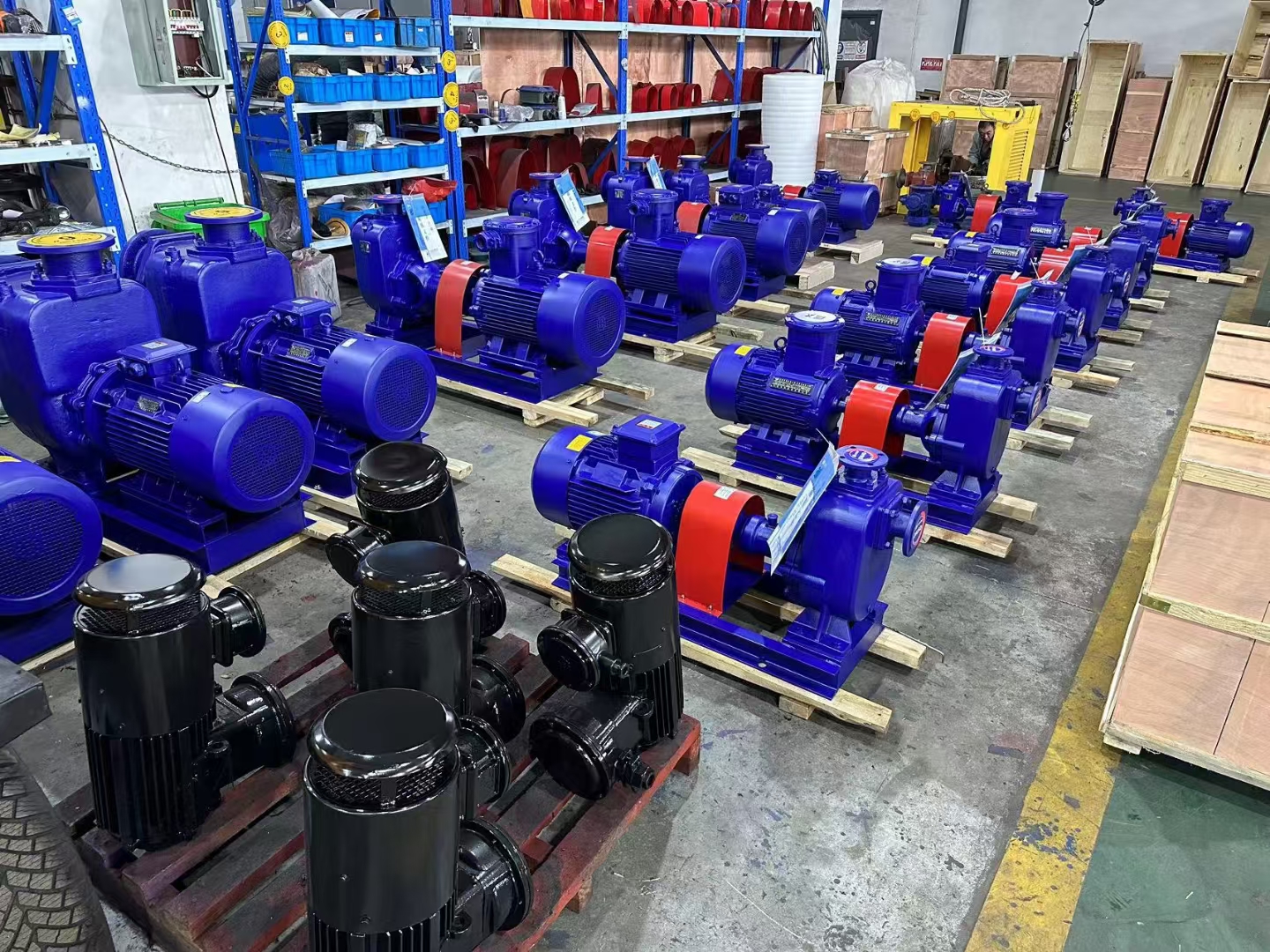Pump operating point and power machine matching selection
The selection of the operating point of the pump and the matching of the power machine are key links in the design and operation of the pump station. The reasonable matching between the two is of great significance to ensure the efficient and stable operation of the pump station.
Pump operating point
The operating point of the pump refers to the working state point corresponding to the actual flow, head, shaft power, efficiency and other parameters when the pump is running in a specific pipeline system. This point is the intersection of the pump performance curve and the pipeline system characteristic curve, reflecting the actual working condition of the pump under the current conditions. The determination of the operating point depends on accurate pump performance testing and pipeline system characteristic analysis.
Power machine matching selection
When selecting a power machine to match the pump, it is necessary to fully consider the operating point of the pump to ensure that the power machine can provide sufficient power to meet the operation requirements of the pump. The following are some key considerations:
1. Power machine type:
Common power machine types include electric motors, diesel engines, gasoline engines, etc. Which type of power machine to choose depends on factors such as specific application scenarios, energy supply, operating costs and maintenance convenience.
For example, in areas with stable and low-cost electricity supply, electric motors are a common choice; while in remote or unstable areas, diesel or gasoline engines may be more suitable.
2. Power matching:
The power of the power machine should be slightly greater than the power required by the water pump to ensure that the water pump can start smoothly and maintain a stable operating point during operation. Generally speaking, the power of the power machine should be about 10% higher than the power required by the water pump.
At the same time, it is necessary to avoid unnecessary waste caused by excessive power of the power machine and possible water pump overload problems.
3. Speed matching:
The rated speed of the water pump should match the rated speed of the power machine to avoid energy loss and mechanical wear caused by speed mismatch.
In some cases, it may be necessary to achieve speed matching through devices such as reducers or speed increasers.
4. Starting and running characteristics:
The power machine should have good starting and running characteristics to ensure that stable power support can be provided during the start-up and operation of the water pump.
Especially for large water pumps or high-lift water pumps, the starting and running characteristics of the power machine have an important impact on the stability of the operating point.
5. Economy and reliability:
When choosing a power machine, you also need to consider its economy and reliability. Economy includes aspects such as purchase cost, operation cost and maintenance cost; reliability is related to factors such as the service life and failure rate of the power machine.
Suggestions for matching selection
1. Full research and comparison:
Before choosing a power machine, you should conduct a full research and comparison of various types, brands and specifications of power machines on the market to understand their performance characteristics, price levels and user evaluation information.
2. Combined with actual needs:
According to the specific needs of the pump station (such as flow, head, operating time, etc.) and environmental conditions (such as power supply, climatic conditions, etc.), select the most suitable type and specification of the power machine.
3. Consider future development:
When choosing a power machine, you also need to consider the future development plan and expansion needs of the pump station to ensure that the selected power machine can meet the load requirements that may increase in the future.
4. Consult professionals:
For complex or important pump station projects, it is recommended to consult professional engineers or technicians for guidance and suggestions on the selection of power machine matching.





